#manuscript studies
Explore tagged Tumblr posts
Text
Exciting news for people who love reading research about manuscripts but don't have money!
#manuscript#medieval manuscript#manuscript studies#journal#publishing#open access#good news#free free free#rare books#book history
194 notes
·
View notes
Text
being a medievalist means laughing at dead copyists like

28 notes
·
View notes
Text
A History of Gaelic Script, A.D. 1000-1200?
Does anyone happen to know where I could access a copy of Dr. Elizabeth Duncan's PhD thesis "A History of Gaelic Script, A.D. 1000-1200" online somewhere? I would write to her, but she seems not to have an online presence anywhere.
#gaelic#irish#irish mythology#gaelpol#paleography#manuscript studies#gaelic paganism#gaelic polytheism#gaelic literature#celtic#celtic studies
11 notes
·
View notes
Text

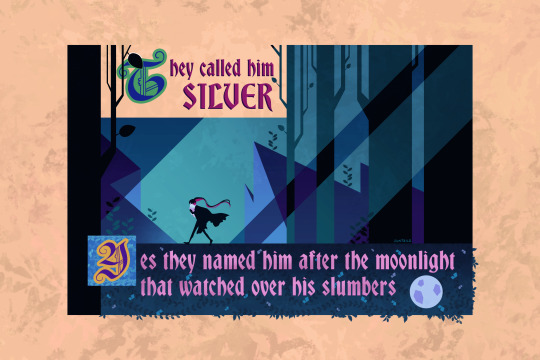

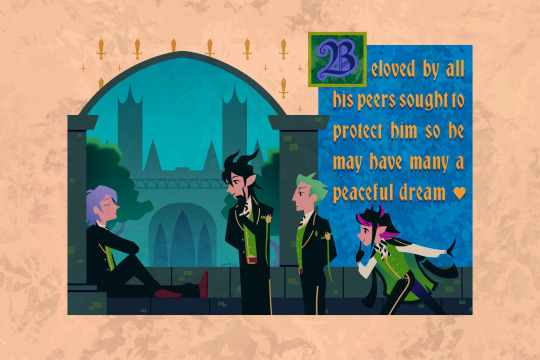
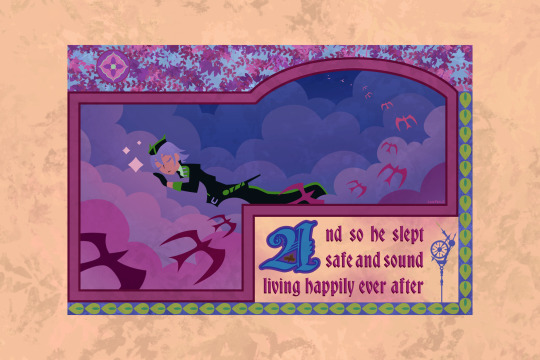
✨ Once upon a time ✨
#final portion of the artbook!!! ordrs close on 9/30 so mark ur calendars <3 <3 the storybook....his tale.....MWAH#the storybook style of sleeping beauty is absolutely enchanting and gorgeous and mesmerizing and so artistically concise i love it#v good for studying it makes me SICK. aughghgh its so COOL. illuminated manuscript my beloved. yea. yea#twst#twisted wonderland#twst silver#malleus draconia#sebek zigvolt#lilia vanrouge#diasomnia#suntails
6K notes
·
View notes
Text
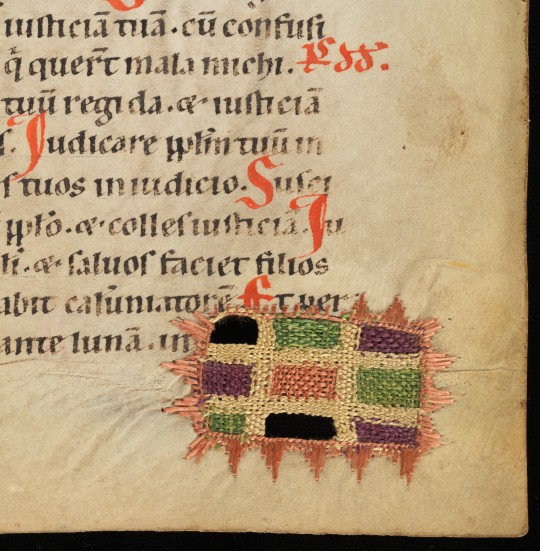
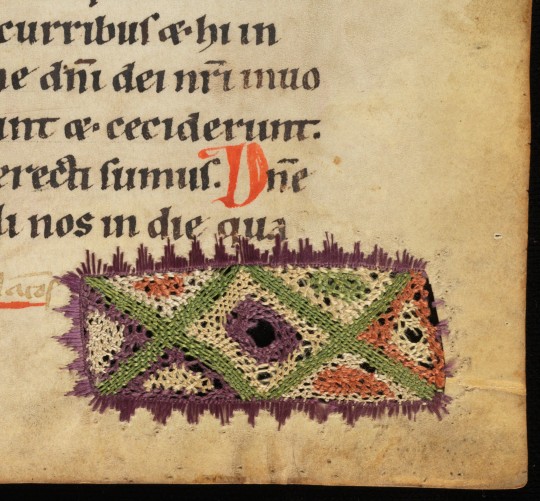
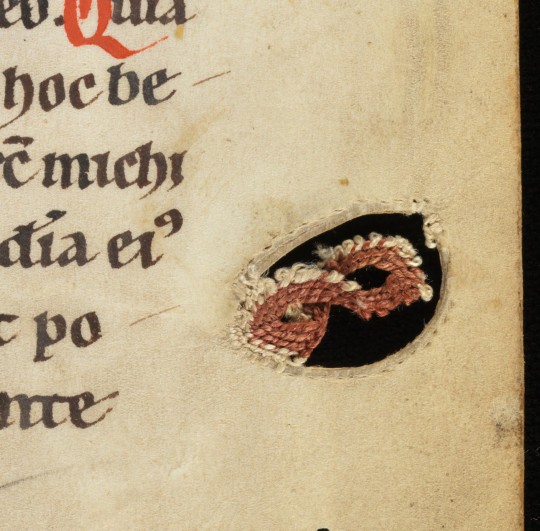
medieval parchment repairs
in a psalter, south-western germany, late 12th/early 13th c.
source: Hermetschwil, Benediktinerinnenkloster, Cod. membr. 37, fol. 19r, 53r, and 110r
#12th century#13th century#repairs#mending#medieval manuscript repairs#sewing#book history#medieval studies#medieval art#psalter#parchment stitching
9K notes
·
View notes
Text
three more manuscripts to catalog and record for transmission comparison!! So close!
#linguistic analysis#linguistics#manuscript studies#literature studies#dark academia#chaos academia#academia aesthetic#study aesthetic#academia quotes#old Icelandic
1 note
·
View note
Text




Relapsing head first into my medieval obsession.
Maybe the true Grail were friends we made along the way…
#art#henry of skalitz#kcd henry#hans capon#hansry#jan ptacek#jindřich ze skalice#medieval#manuscript illuminating#knights#kingdom come 2#kingdom come deliverance#kcd fanart#kcd2#artists on tumblr#traditional drawing#traditional illustration#traditional art#still need to familiarize myself with Henry’s face more#but oh boy am I having a blast with these studies
180 notes
·
View notes
Text

A rosy view of Oxford from the upper level of a double-decker bus 🚌. I’m getting off in a moment to read a magical manuscript in the Bodleian 💫!
#oxford#academia#studyblr#college life#classic academia#college#university#academia aesthetic#university of oxford#libraries#mine#study blog#sunset#pink aesthetic#academia moodboard#autumn#autumn leaves#manuscript#booklr#college core
376 notes
·
View notes
Text

The destruction of culture is an evident part of genocide. Al-Omari housed centuries old Palestinian manuscripts that convey aspects of the intellectual history of Palestinians. I am not sure of their status. Both literal and metaphorical life is being extinguished by Israel.
#palestine#gaza#i know about the manuscripts because i studied about an archive that houses digital manuscripts from around the world#in case you were wondering how i know about it
2K notes
·
View notes
Text

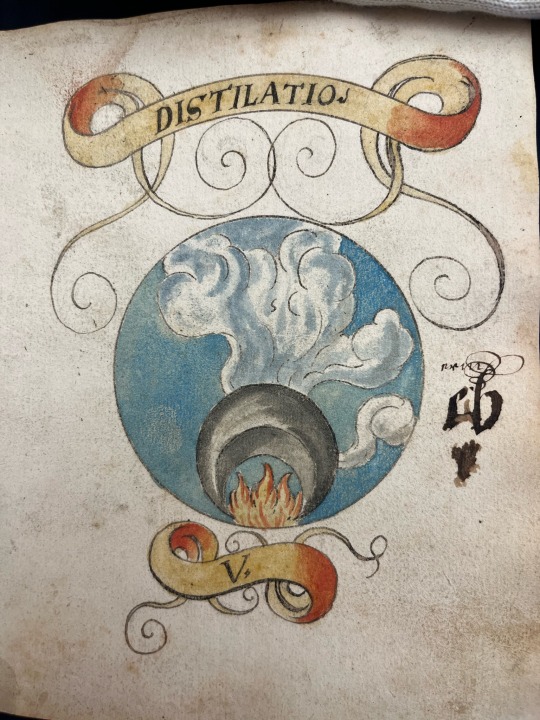
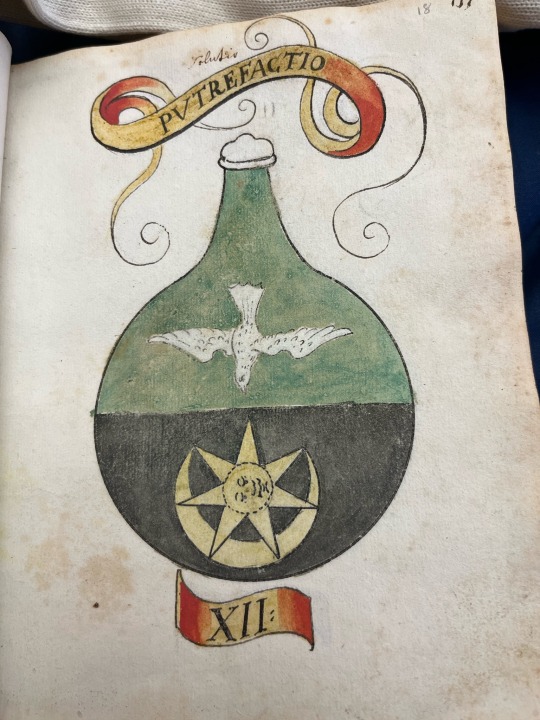
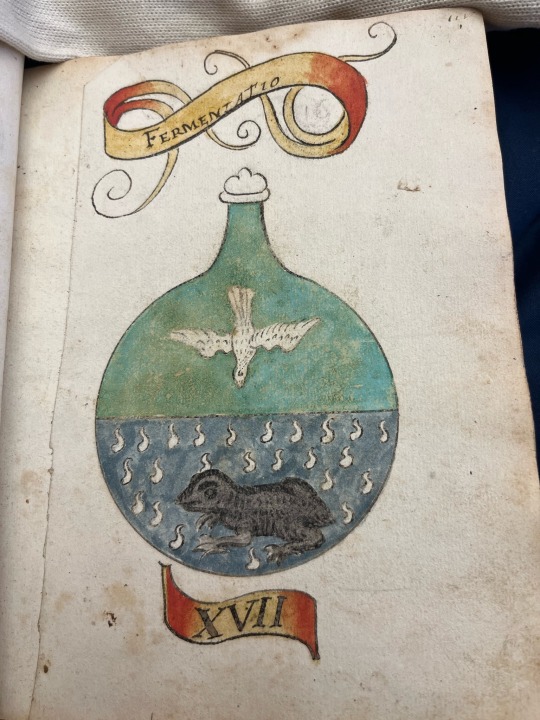

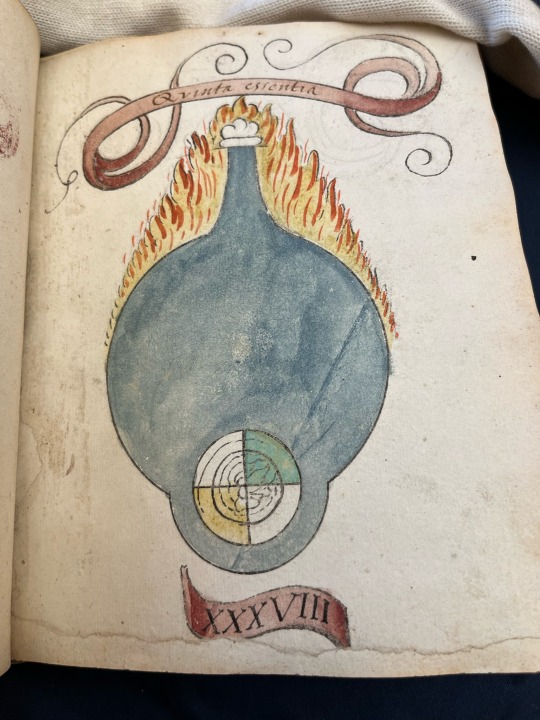
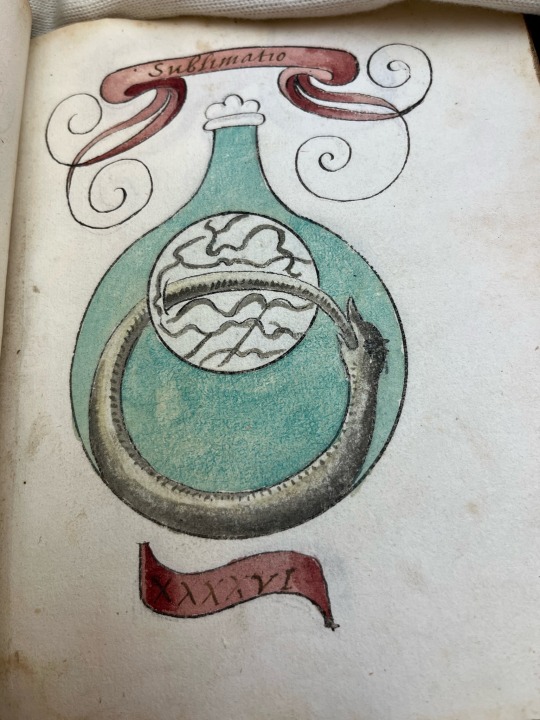

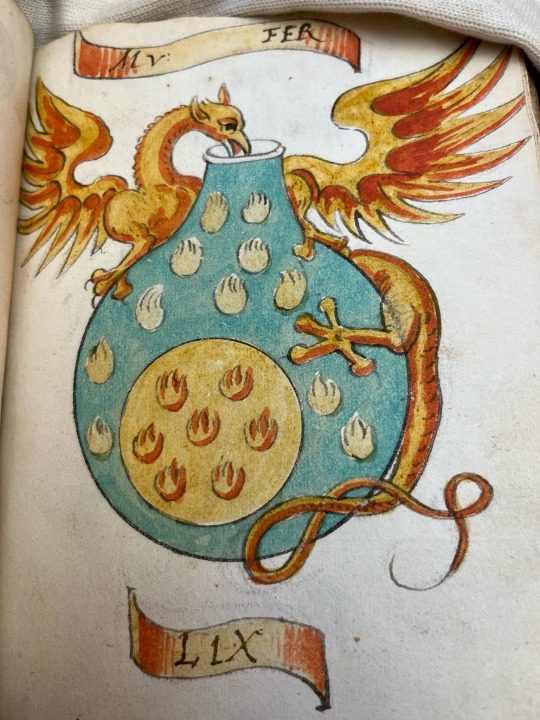
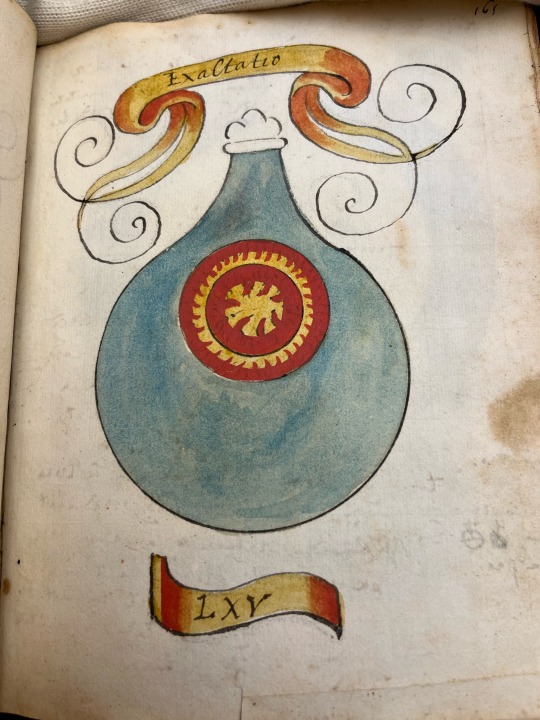
A selection of images from a sequence depicting the alchemical process, from an early modern manuscript.
#alchemy#alchemical#alchemical symbolism#alchemical art#occult#manuscripts#manuscript#medieval studies#early modern#renaissance
982 notes
·
View notes
Text

Psalters: Not even once.
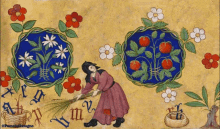
738 notes
·
View notes
Text

"Prophets become warriors, dragons hunt as wolves. It is as it will be."
a special thanks to this wonderful medieval manuscript color chart made by the artist fox-teeth for giving me a jumping off point for the colors and to harumachi clover (swing arrangement) by will stetson for worming its way into my brain and giving me energy as i finally went back to finish this piece
#rote#estarriol mute this#jay scratchings#the fool#fitz and the fool#realm of the elderlings#the farseer trilogy#farseer trilogy#id love to make rote art in a faux-illuminated manuscript style#this was a test for that idea#but this is in no way an actual study of medieval manuscripts bc i looked at like a couple and then went nooo. no. no thats for another day#no i want to have fun#im sorry medieval manuscripts im sure you have many beauties to for as inspiration but pinterest was not being kind to u#robin hobb#rote spoilers#rote art#beloved
119 notes
·
View notes
Text
I'm honestly surprised that I haven't been able to find any published transcriptions of the Irish manuscripts out there. Like, how has no one just published a book containing the text of Lebor na hUidre for example? It'd certainly be much more useful as a reference for translators and celtic studies folks then going to read the scanned manuscripts themselves. And what are you supposed to do if you're blind but want to study the manuscripts?
#celtic studies#gaelic paganism#irish mythology#irish literature#manuscript studies#manuscripts#lebor na huidre
11 notes
·
View notes
Text

Maysaa Ajjan (ميسا عجان), Tribute to Elias Khoury: Mentor, Friend, and Literary Giant, Institute for Palestine Studies, Beirut, Ramallah, and Washington, D.C., February 21, 2025
Plus: Celebrating Elias Khoury and Mahmoud Darwish with Ammiel Alcalay and Sinan Antoon, CUNY Graduate Center, New York, NY, March 14, 2025, co-presented by Archipelago Books and Lost & Found, The CUNY Poetics Document Initiative with the Center for the Humanities at the CUNY Graduate Center
(image: A manuscript page from Yalo (2002); in The Art of Fiction No. 233: Elias Khoury, Interviewed by Robyn Creswell, The «Paris Review», No. 220, Spring 2017)
#graphic design#manuscript#handwriting#conference#reading#magazine#journal#elias khoury#mahmud darwish#mahmoud darwish#maysaa ajjan#sinan antoon#ammiel alcalay#institute for palestine studies#archipelago books#lost & found#paris review#2000s#2010s#2020s
19 notes
·
View notes
Text
Tumblr is a crucial part of my writing and research process when writing historical fiction, because several of my mutuals are deeply committed pedants and every time I see them yelling relentlessly about a book's mistakes I make notes on what not to do.
I am, however, terrified of being subjected to the Tumblr Pedants™ myself, even more so if they are my friends, and so this instills in me a terrified perfectionism, although I'm aware I will still definitely miss things. But hey, at least I'll make different mistakes. Enrichment for the pedant community.
#if nothing else the use of parchment will definitely be convincing#i am a medievalist who has studied manuscripts and also a bodhrán player#i have touched lots of animal skin#writing#the wolf and his king
97 notes
·
View notes
Text
Now i can't stop thinking about some orc scholars. Like they wouldn't have been some brutish animalistic beings after living in middle earth for so many years. They have speech, they live in communities and they can have a coordinated war formation so, their might have been some development of culture in their communities. Maybe we just don't know because their history was never preserved.
#imagine its a good moonlit night#you're trying to hypothesise why your creator Melkor created you#you're studying the thesis of various orc scholars from different generation and wham#elves attack you#now you have to just run around with your sword protecting you favourite manuscripts while these elves have audacity to tell you that#you're the scum all along and were trying to destroy their home#if some rando from another species tried to attack me in my thinking time and destroy my books#i would too thrown my hands#lotr#the lord of the rings#the hobbit#hobbit#the silmarillion#silmarillion#the rings of power#rings of power#*i would too have thrown my hands
122 notes
·
View notes